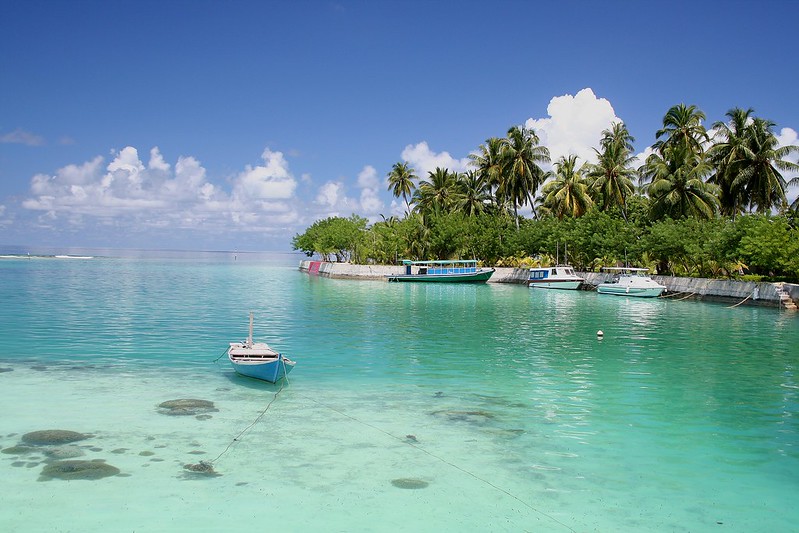In an effort to curb the rising environmental challenges posing a threat to the Maldives, the nation has initiated a rollout of several targeted policies under a framework for eco-tourism, a growing global industry. Explore a breakdown of this new roadmap, investigating its key goals and priorities, as well as remarkable strides the islands have made with sustainability in the past.
The Global Rise of Sustainable Travel
Sustainable travel has become a global priority, with travellers increasingly seeking eco-friendly experiences. The Maldivian archipelago’s unique vulnerability to climate change establishes the importance of the nation aligning with this growing trend.
Past Sustainability Efforts in the Maldives
While the islands have long been a pioneer in luxury tourism, the nation is now focusing on minimising its environmental footprint. Initiatives such as coral reef restoration and waste management have been implemented over the years, with more and more eco resorts in the Maldives emerging across the region.
Resort islands have adopted policies and sustainable facilities, such as with extensive waste management and recycling programmes at OBLU XPErience Ailafushi, a Green Globe certified property.
Maldives’ New Framework on Eco-Tourism
Designed in collaboration with the USAID Climate Adaptation Project and the U.S. Agency for International Development (USAID), the Maldivian Minister of Tourism, Ibrahim Faisal, introduced an ambitious framework at its launch event. The initiative plans to target three key areas of interest and stages of development, which include identifying unique sites, establishing eco-standards, and diversifying tourism options.
Expanding the Biosphere

The Maldives aims to expand its network of biosphere reserves, safeguarding critical ecosystems and promoting sustainable practices within these areas. This move will not only protect biodiversity but also offer unique opportunities for eco-tourism and research.
Diversifying the Economy
To reduce dependence on tourism, the Maldives is exploring alternative revenue streams, such as fisheries and renewable energy. This diversification will help alleviate pressure on the environment and create a more resilient economy.











